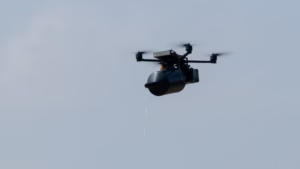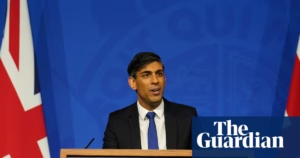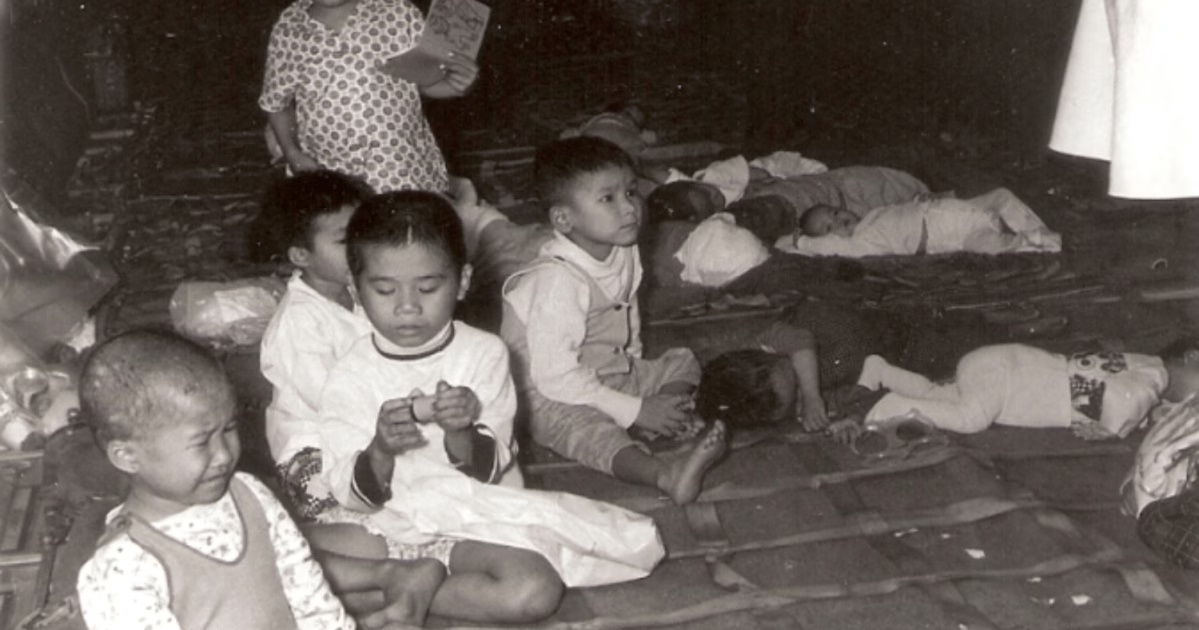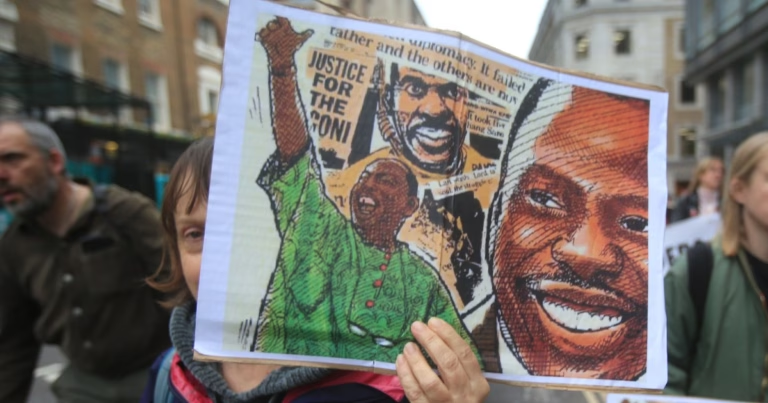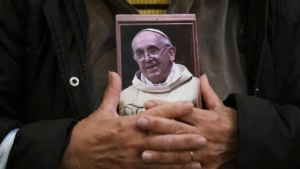Throughout Operation Babylift, the United States’ mission to evacuate the most vulnerable from Saigon, military and civilian aircraft ferried out thousands of individuals, including hundreds of children, to countries around the world. But it was an event marked with tragedy when the first official flight crashed shortly after takeoff. The incident, which claimed the lives of 138 people, including 78 children, thrust a profound international spotlight on the desperate mission and spurred an unprecedented wave of adoptions.
The evacuation was carried out with strenuous efforts by medical staff, military personnel, and aid workers, who braved the ever-worsening security situation. For the children, particularly those with uncertain or dubious documentation, the event marked the beginning of tumultuous journeys to their new families, smoothing the way for thousands of orphans to find homes across the world. Despite this, the legacy of Operation Babylift remains complex as the years go by, with stories of joyful reunions marred by revelations of orphanages misrepresenting parental consents and instances of children placed with unfit families.
In the five decades following, countless adopted individuals have embarked on personal quests to uncover their heritage and reconnect with their biological families. The reunions that have occurred are powerful reminders of the enduring human quest for roots and belonging. As adoptees and their families gather to commemorate the 50th anniversary of Operation Babylift, they do so acknowledging both the mission’s life-changing impact and the multifaceted nature of its legacy.

